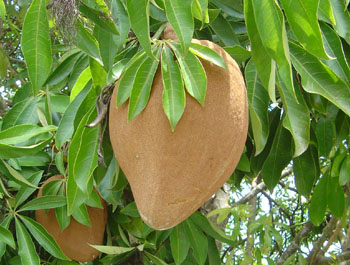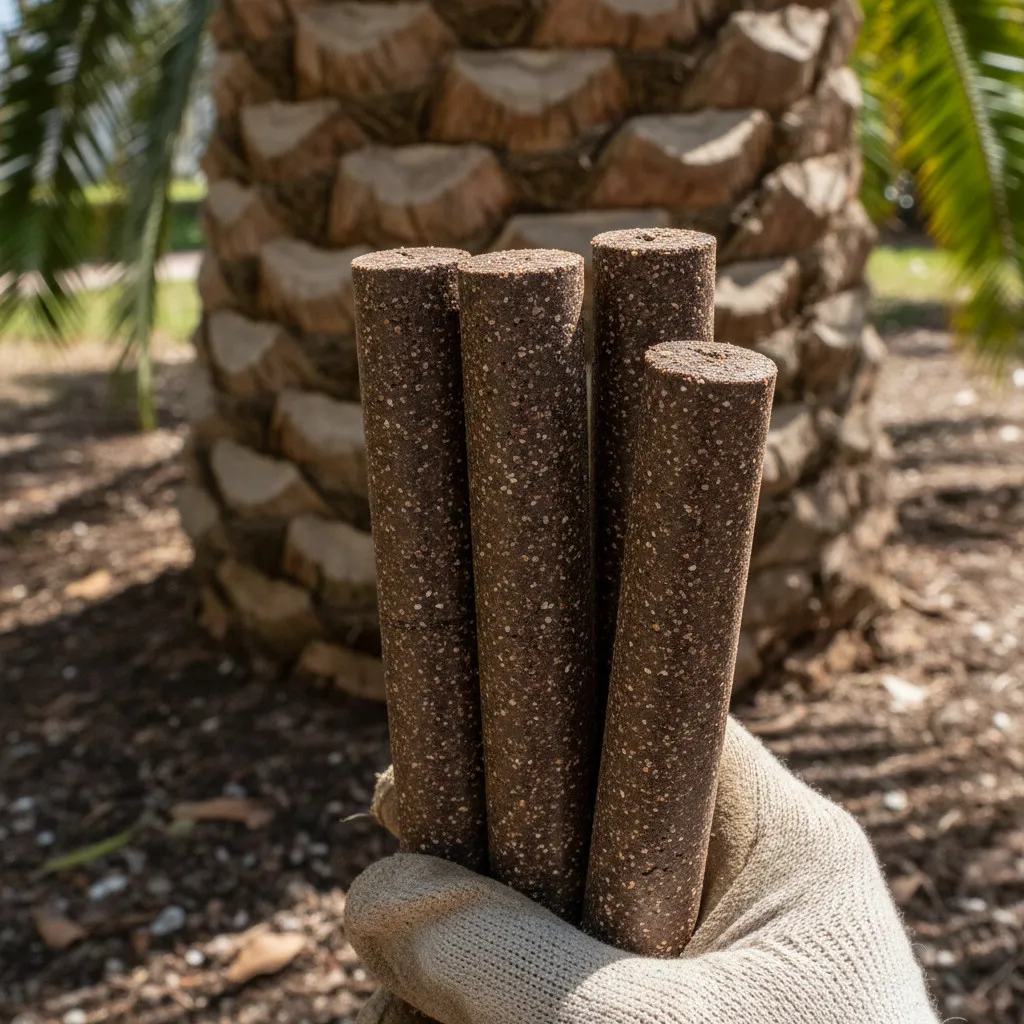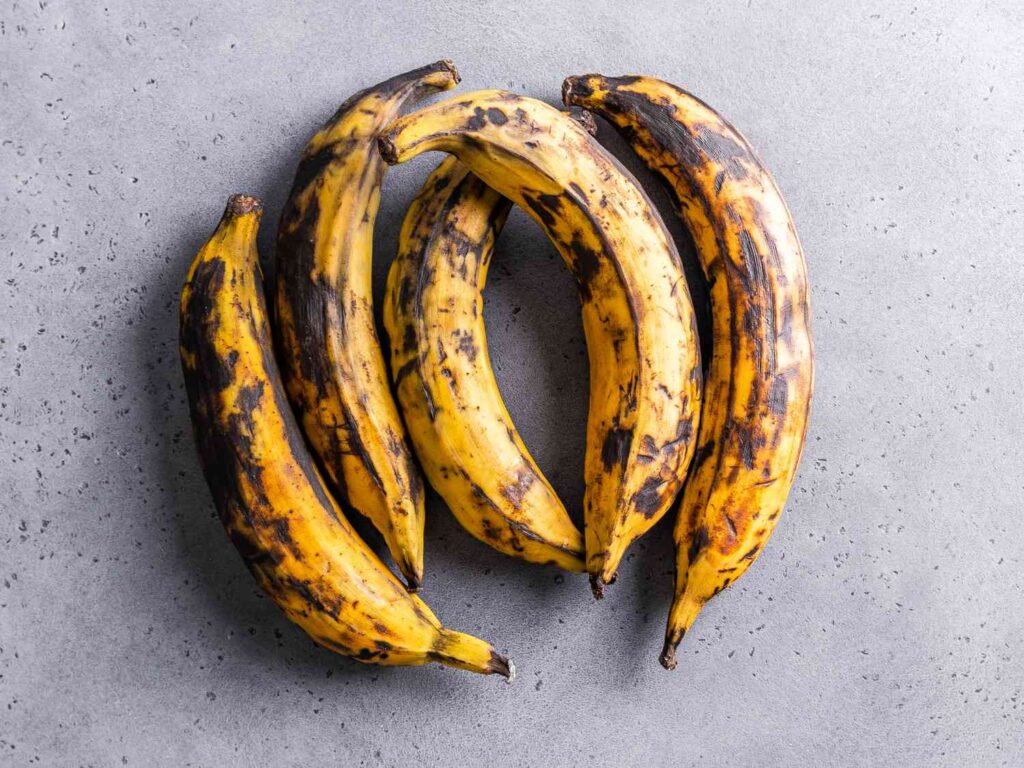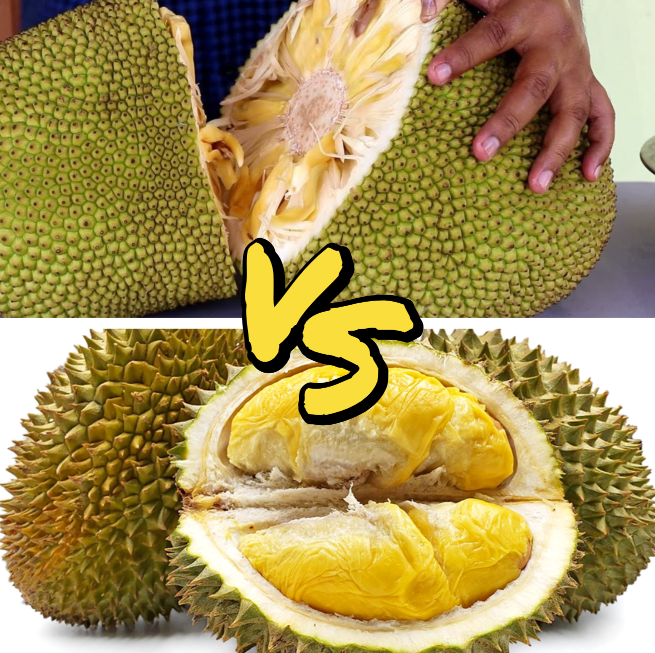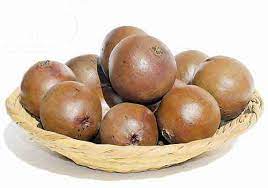Picking the best coconut oil might seem tough with all the choices out there, but don’t worry. I’m going to show you how to do it like a pro.
Coconut oil is loved for its many health perks and its many uses. But not all coconut oils are the same. Some are full of good stuff and some aren’t as great. We want the good stuff, right?
I’ll walk you through what to look for so you can pick out the best coconut oil every time. By the end, you’ll know exactly what to do.
Table of Contents
- Why Coconut Oil Is Amazing
- Different Kinds of Coconut Oil
- Virgin Coconut Oil
- Refined Coconut Oil
- Fractionated Coconut Oil
- Understanding Labels
- Organic Certification
- Cold-Pressed or Expeller-Pressed
- Non-GMO Project Verified
- Fair Trade Certification
- Picking the Best Coconut Oil
- Color and Clarity
- Aroma and Taste
- Where It Comes From and How It’s Made
- Packaging
- Top Tips from the Experts
- What You’re Using It For
- Go for Virgin
- Keeping It Fresh
- Look at Reviews
- Try Different Ones
- In Conclusion
Why Coconut Oil Is Amazing
Lots of people are into coconut oil these days, and it’s not hard to see why. It’s got a bunch of health benefits and you can use it for loads of things.
If you like to cook, want to take care of your skin, or are into staying healthy, coconut oil can be your go-to for lots of stuff.
Different Kinds of Coconut Oil
Coconut oil isn’t just one thing. It comes in a few forms, each one a bit different. Knowing these can help you choose the right one for what you need.
Virgin Coconut Oil
This is the real deal. Virgin coconut oil comes from fresh coconut and doesn’t get messed with by chemicals. It smells and tastes like coconut and has all the good nutrients. It’s super for cooking and for your skin too.
Refined Coconut Oil
This oil’s been cleaned up to take away smells and flavors. It’s good for cooking at high temperatures because it won’t burn easily. But since it’s been refined, it might not have all the nutrients virgin oil does.
Fractionated Coconut Oil
This kind stays liquid even when it’s cold. It’s mostly just the fats that are easy for your body to use, and it’s good for things like making creams or oils for massages.
Understanding Labels
When you’re looking at all the coconut oil bottles, the label tells you a lot. Here’s what to look out for:
Organic Certification
Getting coconut oil that’s “organic” means it wasn’t made with any chemicals that kill bugs or stuff that helps plants grow. It’s better for the planet too.
Cold-Pressed or Expeller-Pressed
These kinds of coconut oil are made without heat or chemicals. That keeps all the goodness in the oil for you.
Non-GMO Project Verified
If you don’t like the idea of food that’s been played with in a lab, go for coconut oil that says it’s “Non-GMO Project Verified.” That means no genetically changed stuff in it.
Fair Trade Certification
If you like to support stuff that’s good for people, look for “fair trade” on the label. It makes sure the farmers and workers were treated well and paid fairly.
Picking the Best Coconut Oil
Ready to find some awesome coconut oil? Keep these things in mind:
Color and Clarity
The best virgin coconut oil should be clear and a bit milky. If it looks yellow or not clear, it might not be the best.
Aroma and Taste
Smell the oil and try a little. Good coconut oil will smell and taste like, well, coconut! Refined oil won’t smell of much because of the way it’s made.
Where It Comes From and How It’s Made
Check out where the coconut oil is from. You want oil made from fresh, mature coconuts. And it’s good to know how they made the oil to make sure it’s what you’re looking for.
Packaging
Nice coconut oil usually comes in dark glass or containers you can’t see through. That’s to keep it from going bad in the light.
Top Tips from the Experts
Now that you know about choosing coconut oil, here are some extra tips to really nail it:
What You’re Using It For
Different kinds of coconut oil are best for different things. Virgin oil is great if you like to cook or take care of your skin naturally.
Go for Virgin
People sometimes say “extra virgin” for coconut oil, but that’s not a thing. Just look for “virgin” or “unrefined.”
Keeping It Fresh
Coconut oil lasts a long time, but you need to keep it cool, dark, and sealed tight to keep it fresh as long as possible.
Look at Reviews
See what other people say before you buy. Good reviews can help you decide.
Try Different Ones
There are lots of coconut oils, so try some out and see what you like best. Have fun with it and enjoy what you find.
In Conclusion
Finding the right coconut oil is easy when you know how. Use the tips from this guide, and you can feel sure you’re getting something great.
Think about what oil type you need, read the labels, check the quality, and keep in mind those expert tips. That way, you can pick out the best coconut oil for whatever you need it for. Enjoy all the good stuff coconut oil has to offer!

